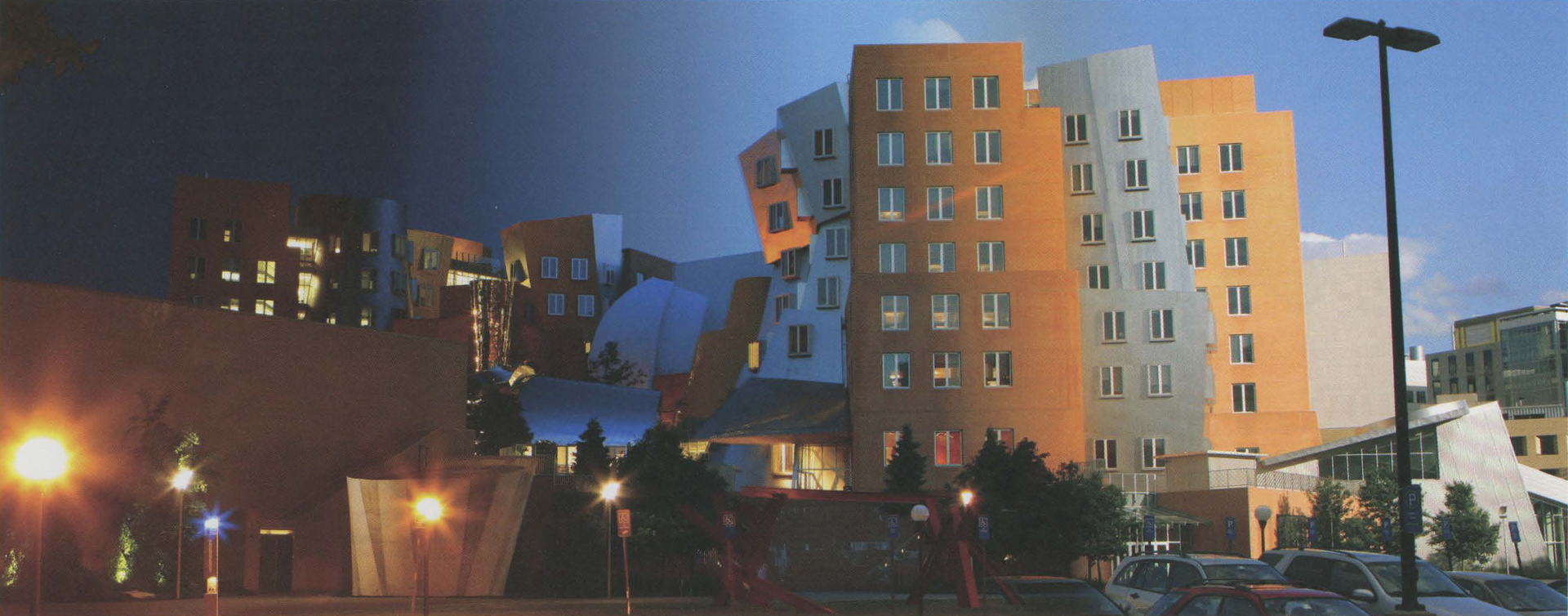Guy Hoffman: Time Bracketing Study: Stata Latin
Artist(s):
Title:
- Time Bracketing Study: Stata Latin
Exhibition:
Creation Year:
- 2007
Size:
- 18 inches x 32 inches x 1.25 inches
Category:
Artist Statement:
Time Bracketing is an interactive time-as-space compositing technique intended to photographically depict a time-varying space or object in a single image without spatial distortion or visual fragmentation. One of its main artistic motivations is restoration of the central role of subject over technique in digital time-as-space manipulation. Time Bracketing is also intended as a new way to consider architectural photography, as shown in these studies. The images were created using custom authoring software written specifically for this process. In the past, various techniques have been employed to represent the passing of time in media. However, most of these applications are procedural in nature, insofar as they follow a strict mapping between time and space. Short-span mappings, such as those employed by traditional slit-scan photography, usually contrast dynamic with static subjects, leading to an intentional distortion of moving scene elements. Longer term time-as-space studies usually focus on static subjects, as commanded by the temporal and spatial resolution of the study, rendering dynamic elements illegible. Additionally, long exposure time, procedural mapping from time to space, and the necessary choice of a static subject often result in seemingly unchanging areas of the image. In either case, the manipulation, whether it’s distortion or fragmentation, and not the subject, is at the conceptual stagefront of the artwork. Time Bracketing attempts to restore the centrality of the scene’s subject to the realm of time-as-space photography, by giving the artist tools to create a seamless study of the changing scene. This results in unique time-as-space photographs that provide for simultaneous faithful depiction of both dynamic and static elements, while retaining a natural-seeming, yet physically impossible representation of the subject.
Technical Information:
Time Bracketing studies time-as-space by combining a set of images of a subject taken from the same or similar vantage point into a single image. Each image covers an arbitrarily sized and arbitrarily oriented trapezoid-shaped slice of the final photograph. In addition, each image slice is gradually transitioned to neighboring image slices by using cross-dissolving superimposition. Importantly, the number and choice of images, the size and orientation of slices, and the length and direction of transition between the images are not procedural, but instead left to the artist’s decision based on the subject and illumination at hand. By using arbitrarily large segments, the artist can choose to incorporate dynamic elements into the composition, while at the same time using small slices to span a long time period over a short spatial area. By manually extending the spatial transition, the photograph can seamlessly combine temporally distinct and color-distinct image slices. By varying the orientation of each slice, the artist can adapt the mapping to the particular object, disguising the transition in the subject’s
own geometry. Time Bracketing is made possible with a new authoring software written in Objective-C using Apple Computer’s Core Image Frameworks





